When we are told about Down syndrome, we immediately think of the face of a child or young person we know who has the typical features of this trisomy. However, it is increasingly common to meet adults with Down syndrome. Today we can say that the life expectancy of a person with Down syndrome in our country has multiplied over the last 30 years, going from an average of 25 years of life in the 80-90 years to an average of 60 years of life today.
This increase in life expectancy is mainly due to an increase in the quality of life of these people, above all thanks to medical advances that have managed to correct or prevent the typical complications that can appear in a person with DS, such as congenital heart disease, leukaemia, repeated infections… But also, thanks to individual factors and the inclusion of these people in society.
We are therefore faced with an increasingly older and, in turn, aging population of people with Down syndrome, as the aging process in DS is more rapid than in the general population. With a series of disorders associated with the aging process, to which we must add that due to their genetic characteristics they are more likely to develop an Alzheimer’s type dementia.
Disorders in adults with Down syndrome
Some of the disorders that we can find in an adult with DS are the following:
- Alzheimer’s disease (AD)
- Sensory deficits
- Depression and anxiety disorders
- Other psychological disorders
- Sleep Apnea
- Hyper or hypothyroidism
- Vitamin B12 deficit
- Chronic pain associated with age
- Celiac disease
- Metabolic diseases
Diagnostic Tests
We are faced with the difficulty that many of these disorders cause similar symptoms, which can lead to confusion, thus masking the true cause of the disorders. For this reason, it is essential that a correct differential diagnosis be made by the professionals who care for the person with DS. This requires diagnostic tests that allow us to rule out physical pathologies and also the use of diagnostic tests that have been standardized and validated for people with intellectual disabilities, such as CAMDEX-DS.
The Occupational Center of Fundación Down Zaragoza welcomes users with intellectual disabilities from the age of 18. Given the characteristics of the people we work with, we have protocolized the performance of these tests periodically, in order to detect changes in the cognitive faculties of our users, and thus, anticipate this process of premature aging. These tests are passed to all users equally, regardless of their age, in order to draw a baseline that will later serve as a comparison, but we place special emphasis on those people who are over 35, since it is from this age group onwards that the probability of AD appearing in people with Down Syndrome increases.
Individualized Care Plan
Once we have seen the needs of the people we work with, we set individualized objectives for each of them, which are reflected in an Individualized Care Plan (IAP) and then we design a global intervention program, which we implement in the day-to-day life of the users. We try to ensure that the activities we propose are varied, in order to offer them continuous, motivating and, above all, meaningful stimulation in their daily lives.
Activities for people with Down syndrome
Some of the activities for people with Down syndrome that we do throughout the week are
1. Cognitive training with the online platform NeuronUP
We chose this online platform because we found it very versatile, since it is highly customizable and its use is very agile and intuitive for the professional. Besides, it has turned out to be very attractive and stimulating for the users, who carry out a weekly session in a digital platform either individually in a computer or tablet or in a group with the help of the digital blackboard.
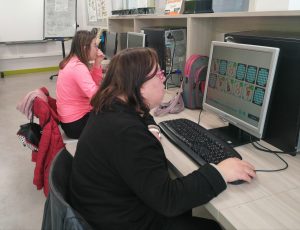
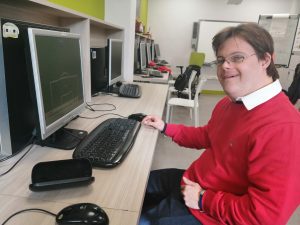
2. Training Activities of Daily Living
We work the activities of daily life in order to maintain and enhance the autonomy of our clients, helping them to improve their daily performance. We also work with autonomous leisure groups, which are in charge of managing their leisure time together with their friends, periodically designing the outings they most want to do in the city and looking for the resources and means they need to do so.
3. Social skills
The training of social skills is fundamental in intellectual disability, since it happens, that in certain situations it is complex for them to understand the social context in which they develop, as well as the identification and recognition in an effective way of the feelings that are produced in the own person and in the others.
4. Urban garden
We go all year round to an urban garden, which we cultivate, care for and harvest at different times of the year.
5. Training activity
We offer a variety of activities tailored to the preferences of our users, including newspaper, radio, adult education, horticulture, etc.
6. Body activity
Throughout the year we carry out different activities to keep our users physically active, among which we find psychomotor skills, zumba and an inclusive dance project.
7. Manipulative activity
We handcraft details for weddings, baptisms, communions, diaper cakes for newborns, personalized cloth bags and many other products of our own making. We also carry out manipulative work for external companies.
If you liked this entry on activities for people with Down syndrome, you may also be interested in this information:
Cognitive intervention in people with Down syndrome
Aura Foundation explains in this article how they perform cognitive intervention in people with Down syndrome and other intellectual disabilities with NeuronUP in their foundation. In September 2017, the Aura Foundation began the implementation and adaptation of the NeuronUP program for people with Down syndrome and other intellectual disabilities. One of the main reasons why…
Continue Reading Cognitive intervention in people with Down syndrome
How does a Down syndrome foundation operate?
The Down Syndrome Foundation of the Region of Murcia (FUNDOWN) explains in this article the actions and cognitive stimulation and rehabilitation programs that they develop to help people with Down syndrome. Down Syndrome Foundation of the Region of Murcia FUNDOWN was set up as a non-profit foundation for the social and labor integration of young…
Continue Reading How does a Down syndrome foundation operate?
What does a Down syndrome association do? The case of Down Navarra
Down Navarra explains in this article the work of a Down syndrome association and its experience applying cognitive stimulation with NeuronUP. What is Down syndrome? Down syndrome (DS) is a congenital defect due to the appearance of a chromosome over the 21st pair in each cell. This abnormality is known as Trisomy 21. Frequently asked…
Continue Reading What does a Down syndrome association do? The case of Down Navarra
Working with people with Down syndrome by age groups
The Down Syndrome Foundation of Cantabria explains the work they do with people with Down syndrome by age groups with NeuronUP. The Down Syndrome Foundation of Cantabria has been serving people with Down syndrome throughout the region since 1982. Based on the fundamental idea of respect for the person, its essential objective is to promote…
Continue Reading Working with people with Down syndrome by age groups
Down Syndrome as told by Down Las Palmas
The Down Syndrome Association of Las Palmas describes in this article the work they do to support people with Down syndrome and their experience using NeuronUP. What is Down syndrome? Down syndrome is a genetic alteration caused by the presence of an extra chromosome, thus disrupting the course of normal physical and intellectual development. People with…
Fragile X syndrome as told from an insider
The child psychologist of the Catalan Association of Fragile X Syndrome, Laura Ruiz, tells the experience of the organization and its patients with NeuronUP. She also explains their new line of work focused on cognitive stimulation of children between 6 and 12 years old affected by FXS. What is fragile X syndrome? Fragile X syndrome…
8. Community Activities
A sense of community and social contact is fostered in order to combat urban social problems like loneliness and isolation.
9. Recreational activities
Through recreational activities we increase the strength of a community and allow the sharing of cultural and ethnic differences.
10. Visits, trips
And a long etc. of activities for people with Down’s syndrome take place throughout the week in Down Zaragoza.
At Fundación Down Zaragoza, we will continue to work hard to create new projects that adapt to and cover the needs of people with intellectual disabilities throughout their adult lives and especially during their aging period.
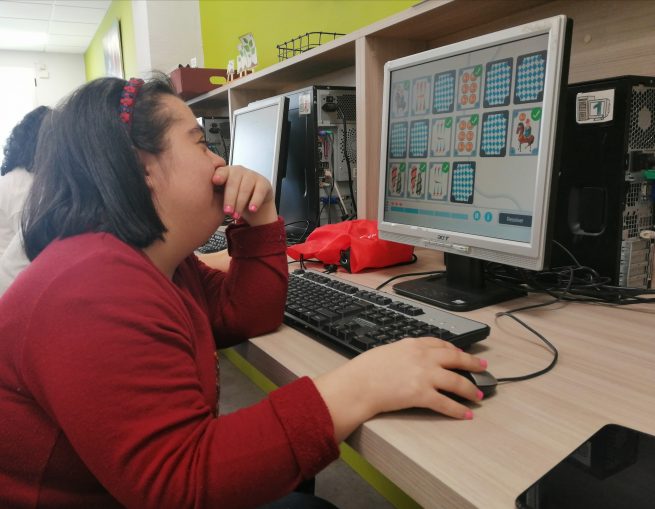

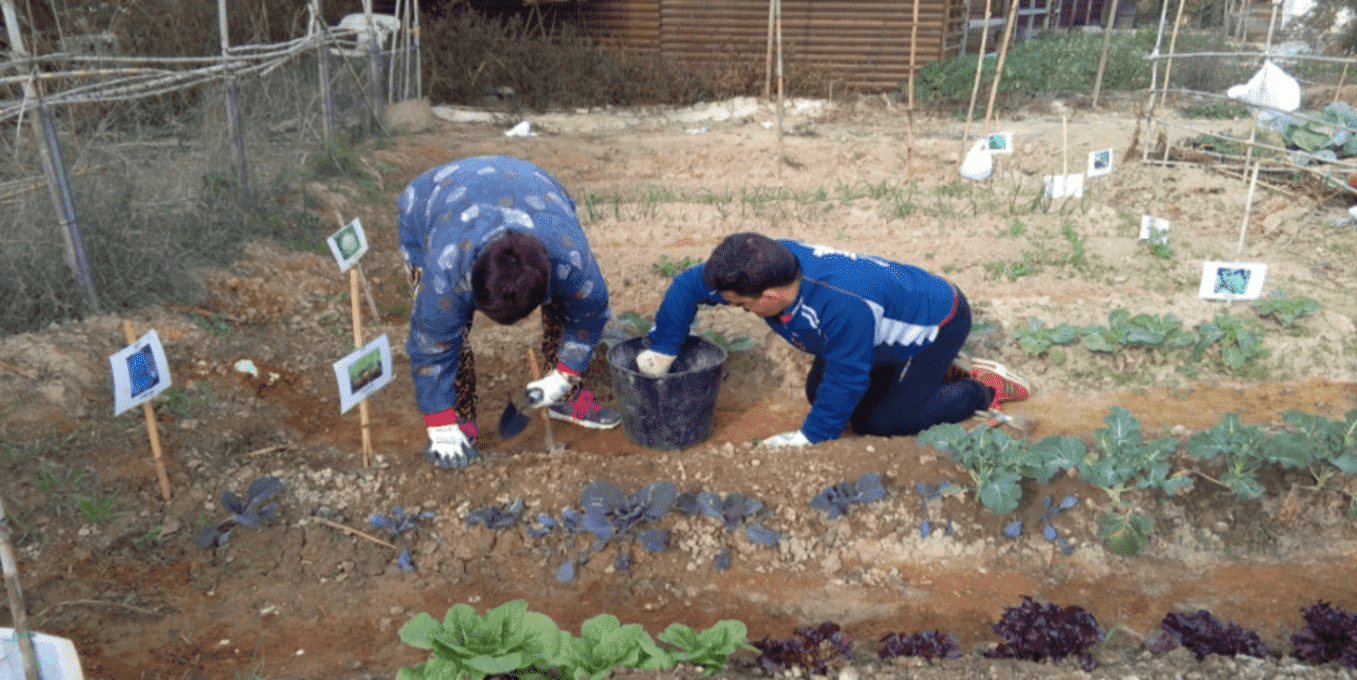
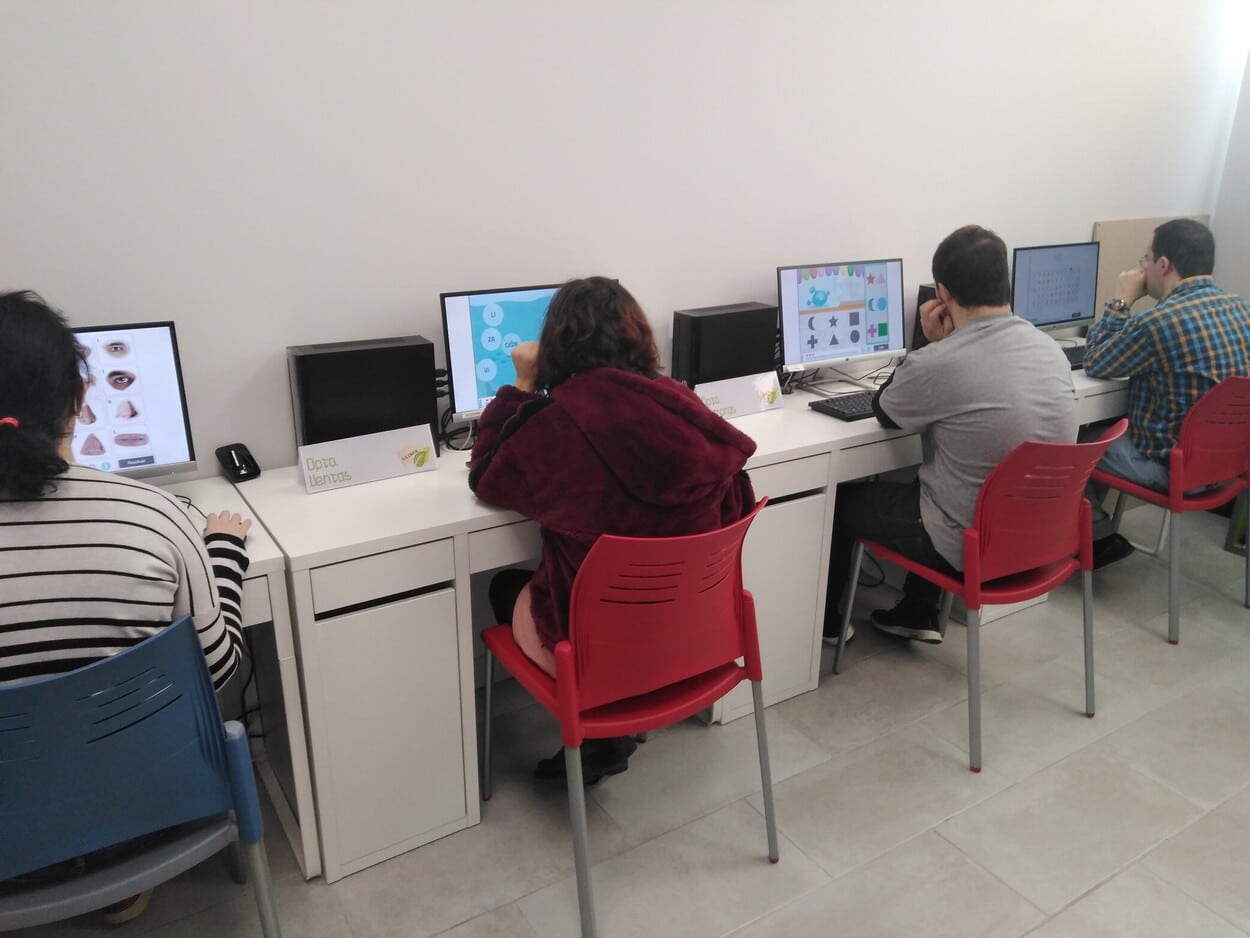
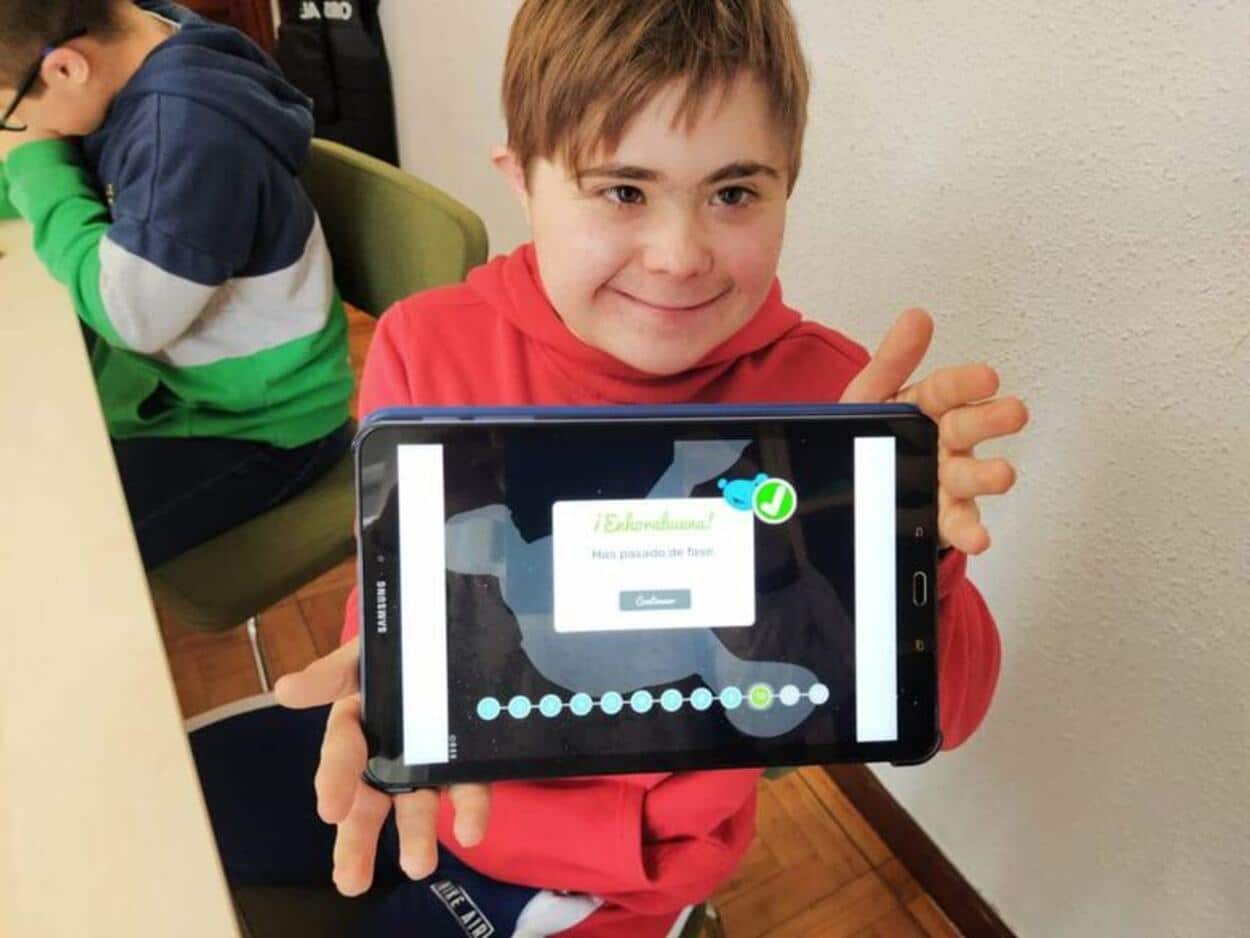
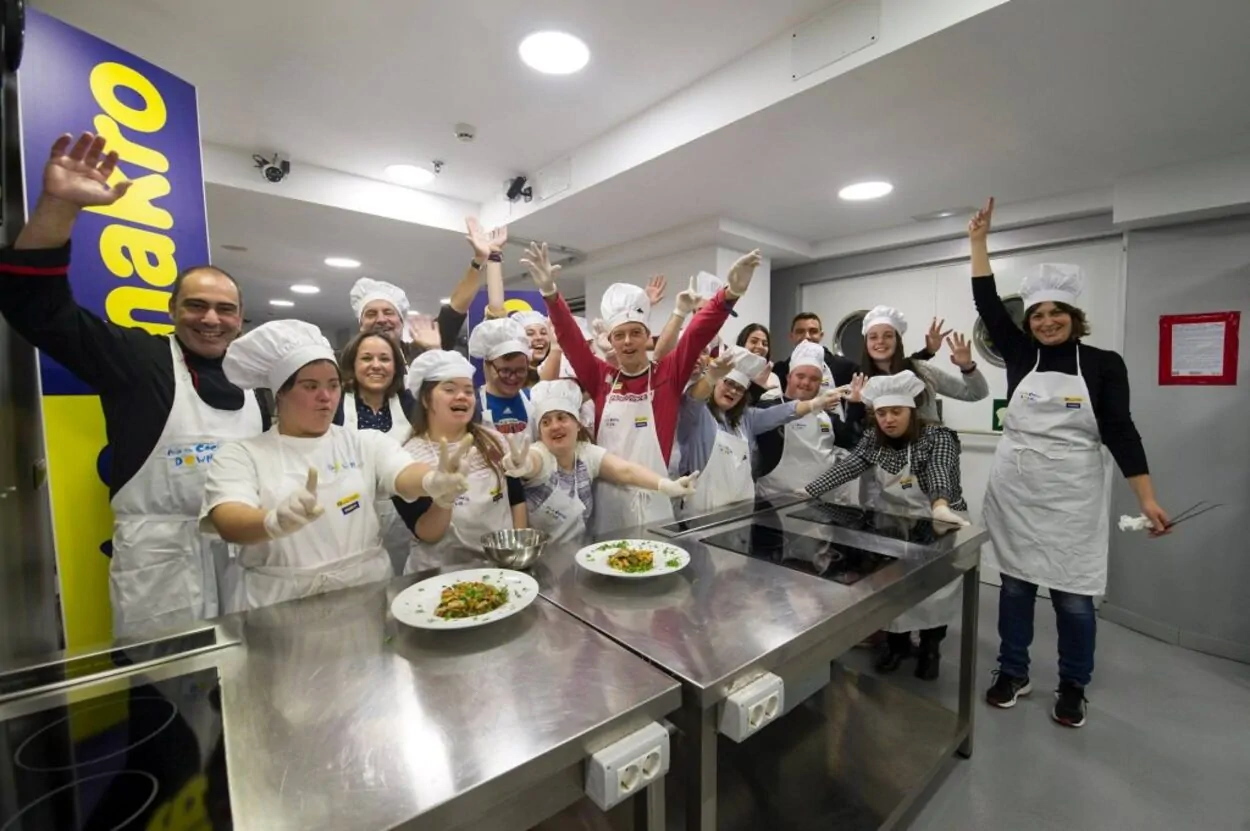

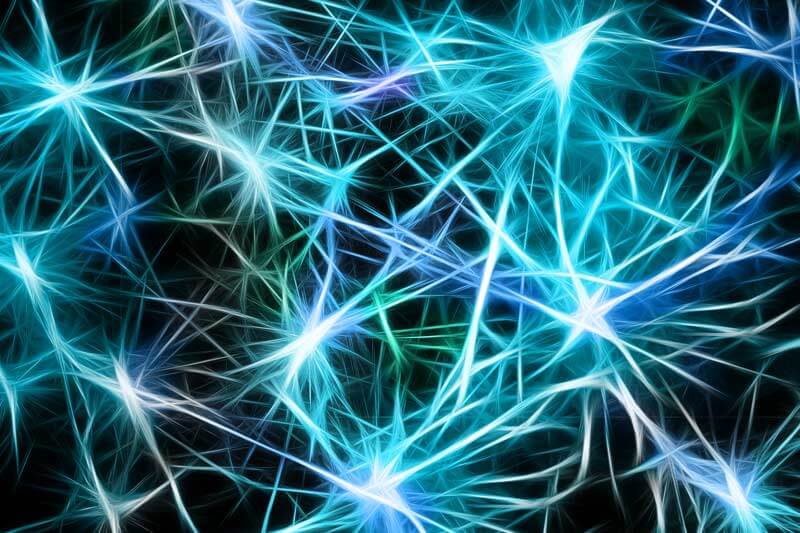 Brainbow: How to Colorize a Brain
Brainbow: How to Colorize a Brain
My son had Down Syndrome and mental stimulation and physical activities that it seems your program provides. I would like more information and clarity about his this Nearon Up works please. My son has loss a lot of his communication skills especially during Covid and now refuses to cooperate with the activity program we had him in. He now has a physical issue that requires that he be active.
Hi Patti,
Thank you very much for your interest!
NeuronUP is a cognitive rehabilitation and stimulation platform for professionals. If you wish to work with NeuronUP, you can inform your therapist about our tool as it is for therapists only.
Best regards!